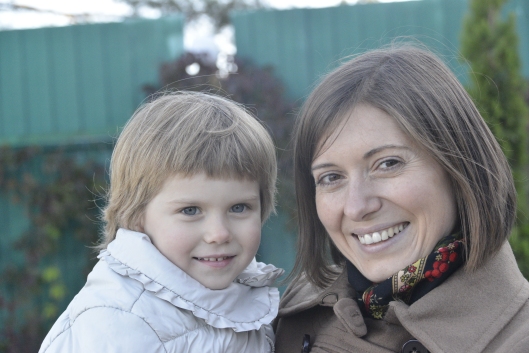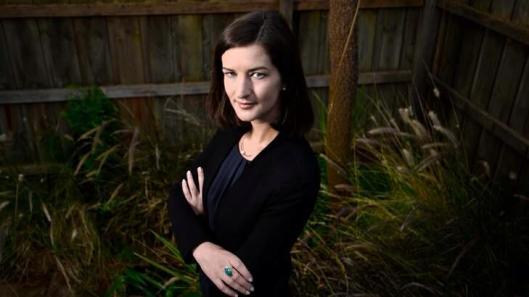Are you a female? Have you had one of those colleagues who likes to get personal when you want to discuss something in factual sense? Have you been told “let’s not get emotional?” when you were trying to make a point (in all ignorance to what emotions he was referring). Well, I have.
If you have faced similar situations, then you have been exposed to what is called “tone-policing”. (A term that I have learnt of late, thanks to wonderful instances of work life.)
So the standard definition of tone policing goes as, “Tone policing is a silencing tactic. That means it is part of a set of tools used by people holding privilege to prevent marginalized individuals or groups from sharing their experiences of oppression.”
(In this case, I am focusing on how women are silenced by adding words such as “emotional,” “irrational,” or even “hysterical,” when they are trying to make their case, or simply trying to get an explanation as to why a situation is as it is.)
And the Urban Dictionary adds a bit more by defines the term by defining those who consider themselves to be worthy of tone policing.
“Tone police are people who focus on (and critique) how something is said, ignoring whether or not it is true.They will discard a true statement simply because they don’t like how it was presented.”
The bad thing is when you are a woman at work, and write a simple mail and then get words such as “emotional,” being used in a reply, the feminists roots in your system start to signal that something is not right. It also indicates that you have let one two many of these comments pass with people who likes to think they have a vested interest in patronising you, or just like think that they have unwritten but for some reason assumed right to be sending such messages.
Words such as emotional, hysterical, have the effect of suddenly making a woman look incompetent, even when she is making a point which is valid. Then the assumption is that she acting up on her hormones, and then they will take the liberty to crack a joke of her being on post menstrual stress, diminishing the value of any valid point a woman is trying to raise.
This is even worse when it happens in civil society organisations where people are calling for gender sensitive policies, and gender equality. It is one thing to speak of upholding women rights, and being gender sensitive, when funding proposals are being submitted. But in practice the fact that the issues are ignored in the worse way possible, and that most staff have no clue as to what constitute gender sensitive behaviour points to the fact that there needs to be education of these actors who call for gender sensitivity while being those who are of the same group of those ignoring issues of gender, and behaving in a manner that violates values they call to be upheld.
When I mentioned I plan to do a research on tone policing, and share stories of women who might have faced this situation at work, a journalist asked me whether I will be dealing with the police. I found this an interesting question. I left that to be answered by the experiences I might be able to find, through volunteers who would share their stories, or through a survey I plan to do in the coming months.
So in short, I hope to share stories of how you were tone policed at work (if you think you have been,) provided that you would like to share your story with me. It’s because I believe this will help people realise that we take lot of things for granted, as well as put up with lot of things at work, simply because we have patience. But, that does not make that people are doing the right thing. And nor does it mean that you need to endure it in silence.
Drop me a line, and I would be happy to see how your story could be shared in this collection of stories which I am hoping I will be able to put together, and share as blog posts and a research paper.
Thank you in advance!












